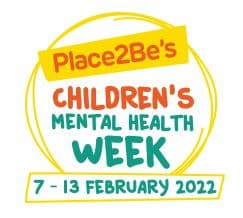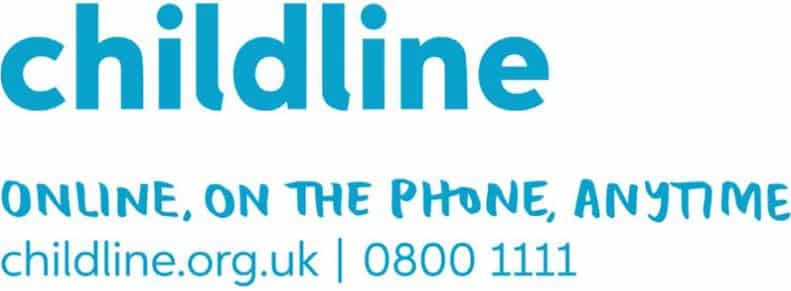The theme of this year’s Children’s Mental Health Week is Growing Together.
Growing Together is about growing emotionally and finding ways to help each other grow. Challenges and setbacks can help us to grow and adapt and trying new things can help us to move beyond our comfort zone into a new realm of possibility and potential.
However, emotional growth is often a gradual process that happens over time, and sometimes we might feel a bit ‘stuck’. As parents and carers, you play an important role in your child’s mental health.
We all change and grow over time and in different ways. Children notice when they are growing physically but it can be difficult for them to see how much they’ve grown emotionally. But growing emotionally is also a really important part of their development. Over the pandemic our children have all had to grow and learn in lots of very different ways. Talking together about how far your child has come is a great way to show your child just how much they have learned and grown through the past few years and months. It can also help you to find out just how your child is feeling and how they have adjusted as we move out of COVID restrictions. It can be a really good way for your child to learn that we can grow through difficult times.
What can you do?
1.Talk about when your child was younger
Most children enjoy hearing their parents tell stories about when they were younger. Recall stories that highlight how your child has developed and changed over the years. For example, how you enjoyed teaching them to learn to ride a bike, or swim. Or how proud you were when they took part in a school assembly – even though they were nervous. If you are an adoptive parent, foster or kinship carer, you will still have lots of memories to share from when you first came together as a family
2.Notice when your child has developed and grown.
You may have made marks on the walls to recognise how tall your child has grown over the years, or looked at old photos together. It is important to also recognise and praise emotional growth. This could be letting them know how proud you are when they have learnt to walk away rather than fight with a sibling, or how they have learnt to ask others to play when they used to be too shy to do so.
3. Encourage your Child to try new things
Encourage your child to try new things. This could be new foods, a new activity or a new experience. Praise their willingness to ‘give things a go’ rather than whether they were ‘good’ at it. This will give them confidence to continue to develop and grow.
4. Listen to your child’s hopes and dreams for the future
Encourage your child to see that everything they are doing right now is a tiny step towards who they might want to become in the future. For example, your child staying away from home for a night is a step towards them being able to leave home for study or work in the future. Your child helping another child is an important step
towards them becoming a counsellor, a doctor, a nurse or a teacher etc.
5. Support your child to learn from tough situations
It can be really hard when your child is not getting on with friends or having a problem with a teacher, or is disappointed with how something has worked out. Acknowledge the difficult feelings, but help your child to
see that these situations help us to grow and develop so that we are better able to cope with life’s ups and downs.
- Check out, read or and download more free resources for families here.
- You can also support your child’s emotional growth using this download here.
Further Support
Check out our webpage about family mental health for links to blogs, videos and activity ideas.
Looking for free practical advice to help you support your child?
Parenting Smart, Place2Be’s site for parents and carers, is full of expert advice and tips on supporting the
emotional wellbeing and growth of primary-age children
Free text advice sessions Their trained Volunteers can help with issues including anxiety, depression, bullying, self-harm, suicidal thoughts, relationship problems, sexuality, money worries for adults and young people. Simply text 85258 24 hours a day, 7 days a week to have a text support session. These can last anything from 45 minutes to an hour.
The Young Minds Parents Helpline, which you can call for free on 0808 802 5544 (9.30am-4pm, Monday-Friday, UK) offer three different services to parents and carers who are concerned about their child’s mental health, up to the age of 25. Here, you can find out more about our Parents Helpline, Webchat and Email service.
Your online mental health wellbeing community offering free, safe and anonymous support.
Talk on the message boards safely and anonymously, or read what other young people have posted. You can talk about all sorts of things on the boards. You could say what’s worrying you, offer support, or just share something that makes you feel good. You can Chat with a counsellor online about whatever’s worrying you or sign up or send an email.












